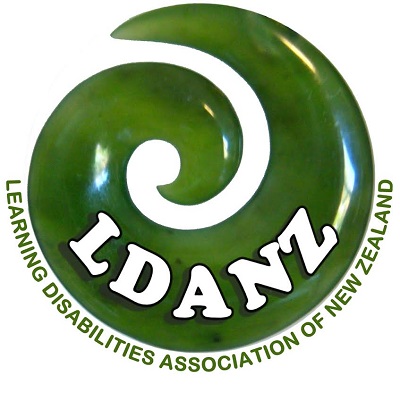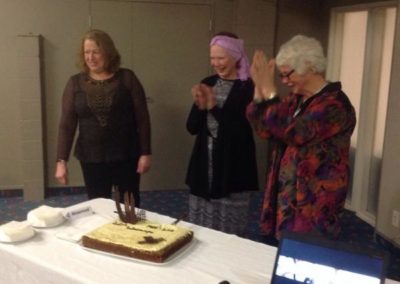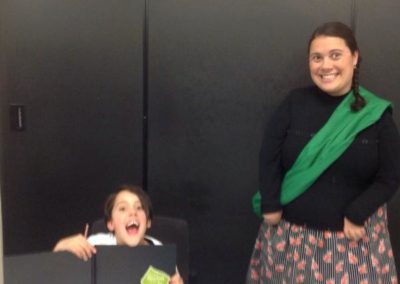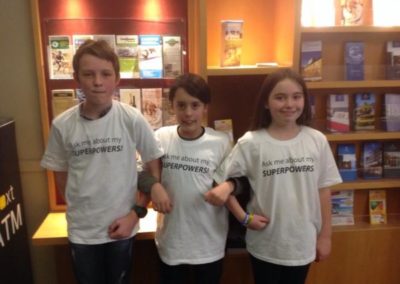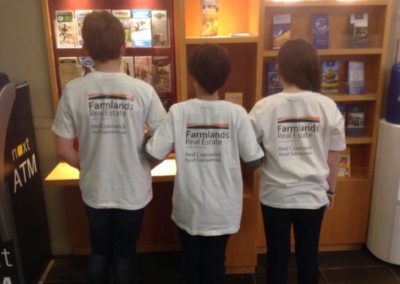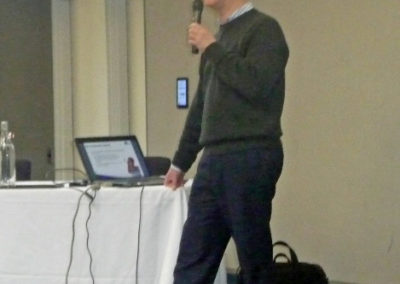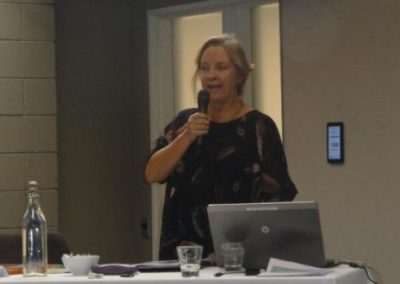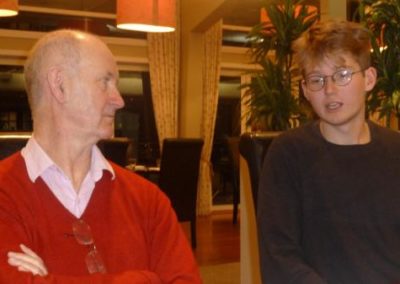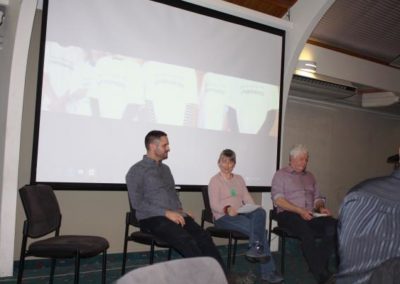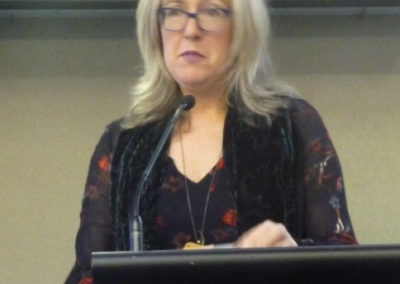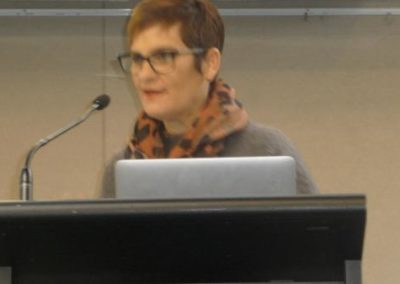Conference 2018
LDANZ Conference 2018, July 6 – 8: It’s Time to Make a REAL Difference
Learning Disabilities Association of New Zealand and Learning Disabilities Association Wairarapa
CONFERENCE 2018 – It’s Time to Make a Real Difference
Friday, July 6 – Sunday, July 8
Solway Copthorne Hotel, Masterton
Conference Programme
Conference Presentations
Matthew Strawbridge
Making a Positive Difference with Dyslexia
“Dyslexia is a journey I’ve been on since I was five. I developed my Dyslexia Potential website in the hope I can make that journey a little easier for other people”. Wellingtonian Matt Strawbridge was 13 when he wrote that in 2013. At 15 he was a finalist for the Young New Zealander of the year; at 16 he won an AMP National Scholarship. In March last year he set up Dyslexia Potential as a company. Now a student at Victoria University, Matt will inspire with “a whole lot of ideas, shortcuts and research that have helped me.”
Jo White
Literacy Difficulties in the Classroom: The Place of Assessment
Jo has a long-time interest in literacy learning, and the barriers that can make developing literacy skills more difficult for some students. With a background in Psychology and Education, Jo gained the SPELD NZ Certificate in Testing for Specific Learning Disabilities in 2012, and has been working with LDA Wairarapa since that time, assessing young people and adults in the Wairarapa region. In 2014 Jo completed her Postgradute Diploma in Education, with Distinction – focussing particularly on literacy learning.
Gabe Sorensen and Paul Smith
Everything you Need to Know about SAC and NZQA
Gabe Sorensen and Paul Smith are the School Relationship Managers in the School Quality Assurance and Liaison team at NZQA who coordinate and advise schools on applications for Special Assessment Conditions (SAC). SAC provide extra help for approved students being assessed for NCEA, giving them a fair opportunity to achieve credits. Gabe and Paul’s presentation will provide up-to-date information on the SAC process – in fact, everything one needs to know about it, including how it works in schools, who is responsible for applications and when, plus there will be a Q and A time.
Esther Whitehead
Mission Possible: Accommodare
Esther, Manager of the Dyslexia Foundation of New Zealand (DFNZ) Charitable Trust, is passionate about mental health and wellbeing and sees the day-to-day fallout for families whose children do not ‘fit’ in the system. The question she asks her families to pose to schools is ‘What will the (primary) school do differently with a positive diagnosis of dyslexia?’ Esther also works to encourage the inclusion of learning diversity into workplace policy and practice. Air NZ is currently the biggest company taking this journey to accommodate their staff. Accommodare is ‘from the Latin ‘to fit one thing to another’ for the wellbeing of all parties. Esther believes that our institutions unintentionally suppress many unknown skills and talents of children and adults; if we’re not asking the right questions we may not find the right direction. In NZ, we are collectively missing out and this can manifest as poor mental health, poor productivity and poor relationships. Esther believes SAC’s have been the most encouraging tangible mechanism in recent years and challenges teachers to dare to accommodate from day one.
Kim Morris
Wings to Fly
After training and working as a primary school and learning specialist teacher in South Africa, in 2003 Kim Morris emigrated to NZ where she has established Progress in Learning. She has studied art and nature throughout her life and values creativity. She is a passionate believer that growth and change is possible within a well-designed programme tailored to suit an individual’s needs and with a holistic approach. As well as being a SPELD-trained tutor, she is also a Feuerstein teacher.
Joy Allcock
The Shine Literacy Project: Improving Literacy Instruction in the Early Years – Results from a Longitudinal Study.
In January this year a story on Stuff claimed that falling literacy rankings for New Zealand children are not surprising given gaps in teacher training. Between 2014 and 2016, in collaboration with Massey University, well-known literacy consultant, author and publisher Joy Allcock led the Shine Literacy Project, a community-funded project that focused on increasing teacher knowledge and changing teacher practice for early literacy instruction. The results show that it is possible to disrupt the current pattern of failure that many children experience. Joy will present the findings from this project and discuss the implications for literacy instruction in our classrooms.
Alison Arrow
Identifying literacy learning difficulties early through Response to Intervention: Getting Tier 1 and 2 right
An Associate Professor in literacy at the School of Teacher Education, University of Canterbury, Alison has recently completed a longitudinal intervention project examining the effectiveness of providing teachers with more targeted literacy teaching strategies for improving child literacy outcomes. Her research interests include teacher knowledge and professional development, early literacy development, reading and spelling development, reading comprehension, the use of digital technologies, and literacy difficulties.
Response to Intervention has become a useful framework for supporting learning and behavioural difficulties. The RTI framework makes use of tiers of intervention, beginning with effective classroom practice as Tier 1 and initial intervention as Tier 2. This presentation will discuss what effective Tier 1 and Tier 2 practice can look like. Challenges and solutions to the implementation of effective RTI, based on recent New Zealand research, will be discussed.
(As Professor James Chapman has had to withdraw, we are fortunate that Alison has been able to take his place)
Richard Shanks
When the Eyes Interfere With Reading
A behavioural optometrist at Barry and Sargent in Wellington, Richard trained in NZ before doing further study and work in the USA and Australia. A Fellow of the Australian College of Behavioural Optometry, for many years he organised courses for NZ optometrists and vision therapists to train with leading developmental practitioners from the USA.
Carla McNeil
Let’s Get Everyone Singing From the Same Songsheet
The founder and Director of Learning Matters, Carla McNeil has extensive experience in the implementation of evidence-based approaches and in facilitating change in schools and with students. In her presentation she will discuss strategies that make a difference in engaging all stakeholders of children with SLD; why is consistency important? tips for building a collaborative approach with schools and teachers of students with SLDs; effective instruction across all settings – what does this look like and how might it be achieved?
Conference Feedback
It was a wonderful conference. I am really excited to be attending a literacy course run by Learning Matters later this month. I am keen to learn more about how I can make a REAL difference to my students.
Well done on organising a great conference. It is great to see changes taking place and to see so many people wanting to make a difference.
I want to thank you for a great conference. Challenging, inspiring, nurturing. Just what I needed and more. Making a Real Difference is now my motto too. Thank you very much for all you did to make this such an effective conference.
A great conference. Motivated to keep momentum going.
What a wonderful conference you and your team put together. My team got so much out of hearing the speakers and connecting with new people. Keep up the great work in your region.
